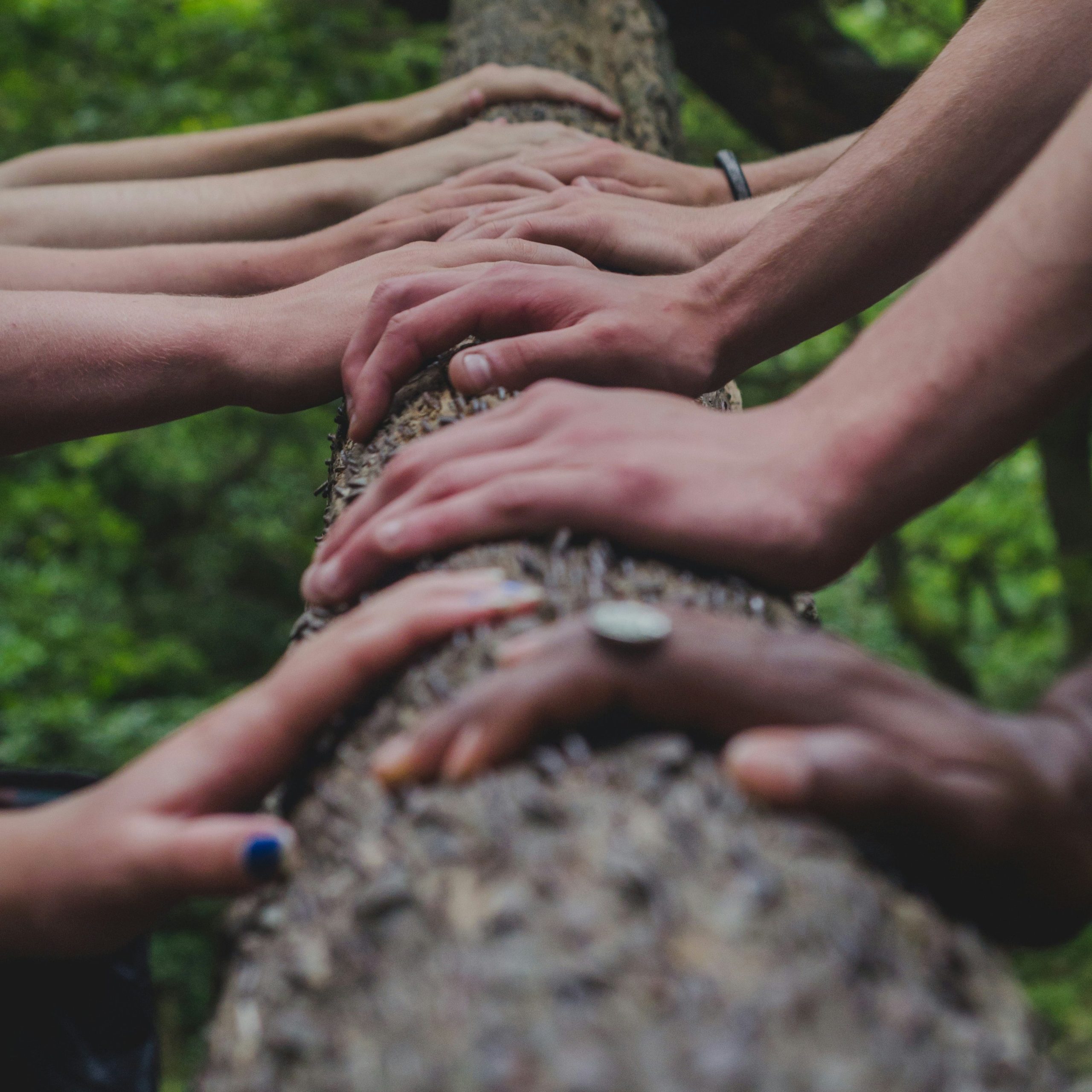By Charon Normand-Widmer
I recently spoke with a colleague who commented that some BIPOC CI participants she had trained with reported that CI was ‘too white” for them. As a BIPOC person myself who has gone through the program, I found this reported experience shocking and surprising, as it had not been my experience.
I analyzed my reactions: anger first. How is anyone placing this beloved approach in the realms of colonialism? Next came: I can only speak to my own experience so let me bring in compassion- let me be sensitive to the experience of the other. Getting clear on terminology came next. I asked myself: how do I understand colonialism? How do I understand collective trauma? These are my frames as I hear fellow bipocs speaking to collective trauma and framing CI as “too white” as responding to colonialism.
Colonialism and collective trauma are two distinct yet interconnected phenomena that have had profound and lasting impacts on societies and individuals around the world. While colonialism refers to the political, economic, and cultural domination of one group or nation over another, collective trauma refers to the psychological and emotional wounds experienced by a group of people as a result of shared experiences of violence, oppression, or injustice. Despite their differences, both colonialism and collective trauma share commonalities in their mechanisms of power, exploitation, and the enduring legacies they leave behind.
Colonialism, often driven by imperial ambitions and the quest for resources and territory, involves the subjugation of indigenous peoples, the imposition of foreign rule, and the exploitation of labor and natural resources. It operates through systems of domination and control that perpetuate inequalities and suppress the agency and autonomy of colonized populations. The effects of colonialism are wide-ranging and multifaceted, encompassing economic exploitation, cultural erasure, and physical violence. These colonial legacies continue to shape power dynamics, social structures, and identities in post-colonial societies, often perpetuating cycles of poverty, marginalization, and conflict.
Collective trauma, on the other hand, emerges from experiences of mass violence, displacement, or oppression that inflict psychological and emotional harm on entire communities or populations. This trauma is not only individual but also collective, as it is shared across generations and embedded within the collective memory and identity of a group.

In confronting the legacies of colonialism and collective trauma, it is essential to acknowledge the interconnectedness of these phenomena and their enduring impacts on individuals and societies. Healing from collective trauma requires addressing the root causes of oppression and injustice, including the ongoing effects of colonialism and systemic violence. This process entails recognizing and validating the experiences of affected communities.
During my journey in CI, I delved into the concept of NVC (Nonviolent Communication), a powerful tool that illuminated how the language used by colonizers often carries embedded violence, seeping into our everyday discourse. This realization underscored the importance of reevaluating and reshaping our linguistic norms. Additionally, I had the privilege of exploring the profound insights of Thomas Hubl, whose work revolves around understanding and addressing collective trauma, both on an individual and societal level.
As a CI student, I found the invitational approach to be particularly enlightening. This methodology encouraged me to embark on a journey of self-exploration during sessions, creating a safe space where I could confront and process whatever emotions or experiences surfaced. Through this introspective process, I became acutely aware of the presence of collective and generational trauma within my own nervous system, prompting me to acknowledge and validate the intergenerational legacies that shape my identity.
In our roles as CI practitioners, it becomes increasingly evident that the specter of colonialism and systemic violence looms large, permeating the very fabric of our interactions with clients. Recognizing this reality enables us to cultivate a heightened sensitivity and compassion towards the experiences of others. While we may not directly share in the lived realities of our clients, our shared humanity ensures that both practitioner and client possess the capacity to attune to the present moment. By maintaining a state of self-attunement, practitioners can actively contribute to the creation of a safe and nurturing therapeutic space, fostering an environment conducive to social engagement and healing.
Central to our practice is the understanding that trauma, whether individual or collective, manifests itself in myriad ways. By embracing a holistic approach that acknowledges the interconnectedness of mind, body, and spirit, we endeavor to support our clients in their journey towards wholeness and healing. This requires a willingness to confront uncomfortable truths and navigate the complexities of human suffering with grace, empathy, compassion and attunement.
In conclusion, my exploration of NVC and collective trauma within the context of CI has deepened my understanding of the intricate dynamics that shape human interaction. By fostering a culture of empathy, compassion, and self-attunement, we can collectively work towards creating a more just and equitable society. As we continue on this journey of self-discovery and transformation, may we remain committed to honoring the inherent dignity and worth of every individual, thereby fostering a world where healing and reconciliation flourish.